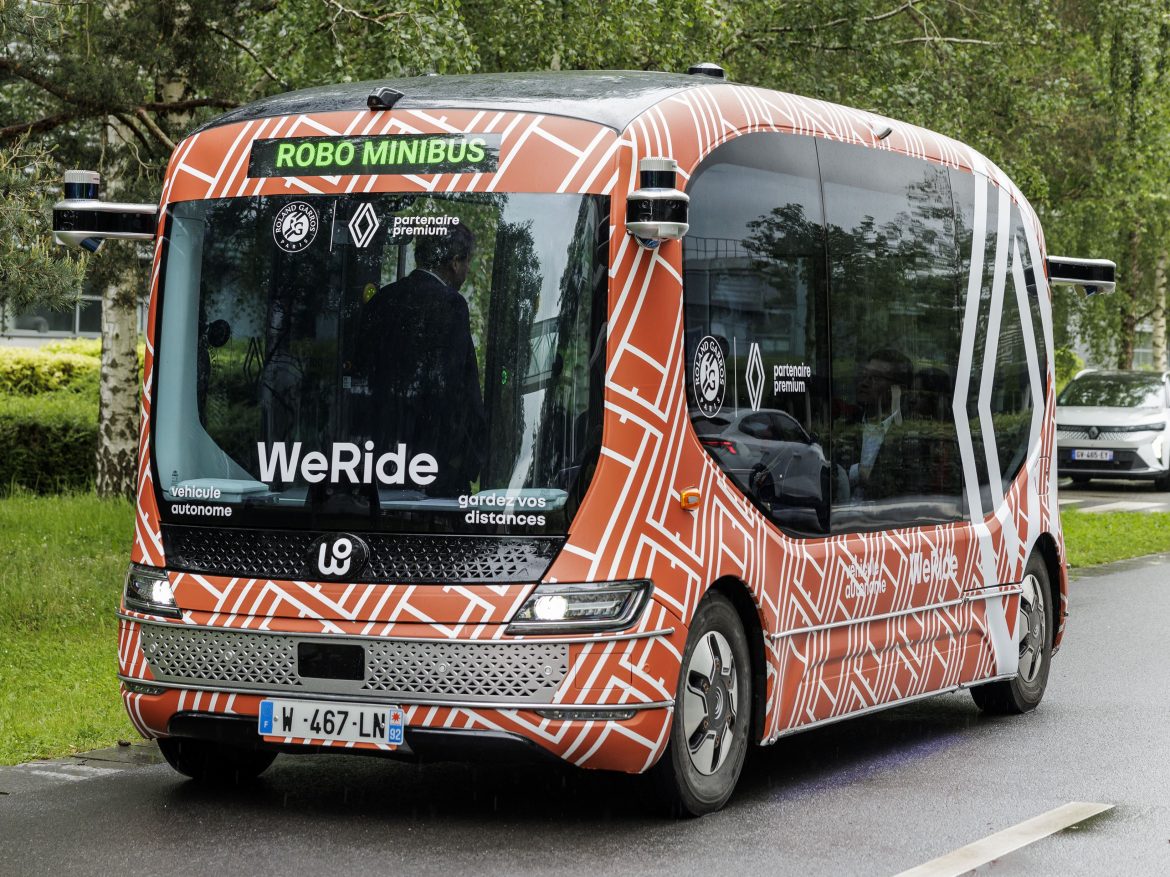According to Renault, more than 400 major cities in Europe will gradually become low-emission zones, while still having to ensure the mobility of their populations. For this, the French automaker feels that “autonomy is relevant and necessary to meet effectively the growing need for low-carbon mobility.”
To this end, the company is developing an electric, robotised, and pre-equipped miniBus platform that will host various automation solutions from specialist partners. Based on the New Renault Master, the platform will be able to integrate automation solutions from specialist partners. The autonomous miniBuses will be able to operate 24/7 in complete safety and will be a zero-emission alternative or an efficient complement to existing public transport solutions in terms of costs. Further, the additional costs of robotisation and automation could be offset by the absence of on-board operators.
As a partner for the prestigious Roland Garros tennis tournament (more commonly known as the French Open), Renault, in partnership with WeRide, a world-renowned expert in autonomous driving, will showcase a trial of electric and autonomous shuttles that will facilitate access to the Roland-Garros stadium to demonstrate the capabilities of automated public transport services.
From 11 am to 7 pm, from 26th May to 9th June 2024, this experimental service will take passengers from the P2 car park, located on the outskirts of the Bois-de-Boulogne, to the Roland-Garros stadium. And, at the end of the matches, to leave Roland-Garros to the Place de la Porte d’Auteuil or back to the P2 car park.
Renault Group’s new collaboration with WeRide aims at the large-scale commercial deployment of vehicles with an L4 level of autonomy, i.e. capable of managing driving situations on their own, within an operationally defined domain, with remote supervision, but without an onboard operator.



